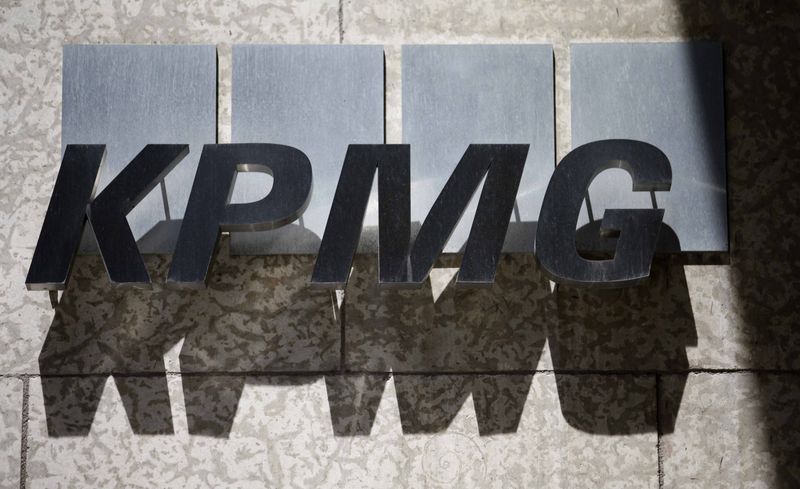By Huw Jones
LONDON (Reuters) - Britain's accounting watchdog kicked off a public consultation on Tuesday to apply a sweeping European Union reform of company accounting from next June.
The EU law followed lawmaker anger that accountants gave banks a clean bill of health just months before some of them had to be rescued by taxpayers in the 2007-09 financial crisis.
The EU rules will mean that 50 accounting firms will come under the supervision of the Financial Reporting Council (FRC).
The watchdog inspects the reports of the 10 biggest accounting firms, a sector dominated by the "Big Four", PwC, EY, KPMG and Deloitte.
The EU rules will require companies to change their auditor at least every 20 years to avoid "cosy" relationships that could blunt an accountant's scepticism.
"The most instant change is that things we have developed as best practice will be a matter of legal requirement, such as re-tendering of auditors," FRC executive director of codes and standards, Melanie McLaren, told Reuters.
Britain already recommends that companies consider changing their accountants every decade, but so far the changes at banks have been among the Big Four auditors even though lawmakers want to see more competition in the sector.
"There is no indication that those outside the Big Four are picking up audits in connection with the FTSE350 companies," McLaren said.
"Unlisted companies will now be subject to re-tendering and maybe there are opportunities there for the smaller auditors," she added.
Some companies still have not assessed the full implications of a law that is only months away, said Hywel Ball, EY's UK head of audit.
"The other big change worth noting now is that more entities than ever before, especially in the financial services sector, will have to establish audit committees," Ball said.
An audit committee is responsible for choosing and monitoring external accountants who prepare annual reports for investors.
In future members of audit committees will also have to show they understand the sector they are in, Ball said.
"Many entities, ranging from companies to financial institutions, will need to think about how and where they are going to find the non-executive directors to take up these roles across an increasing number of audit committees," Ball added.
